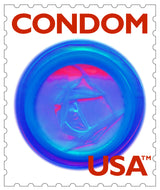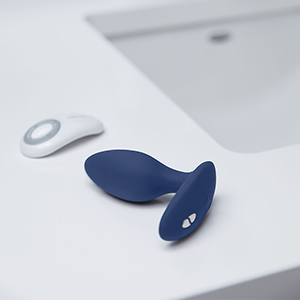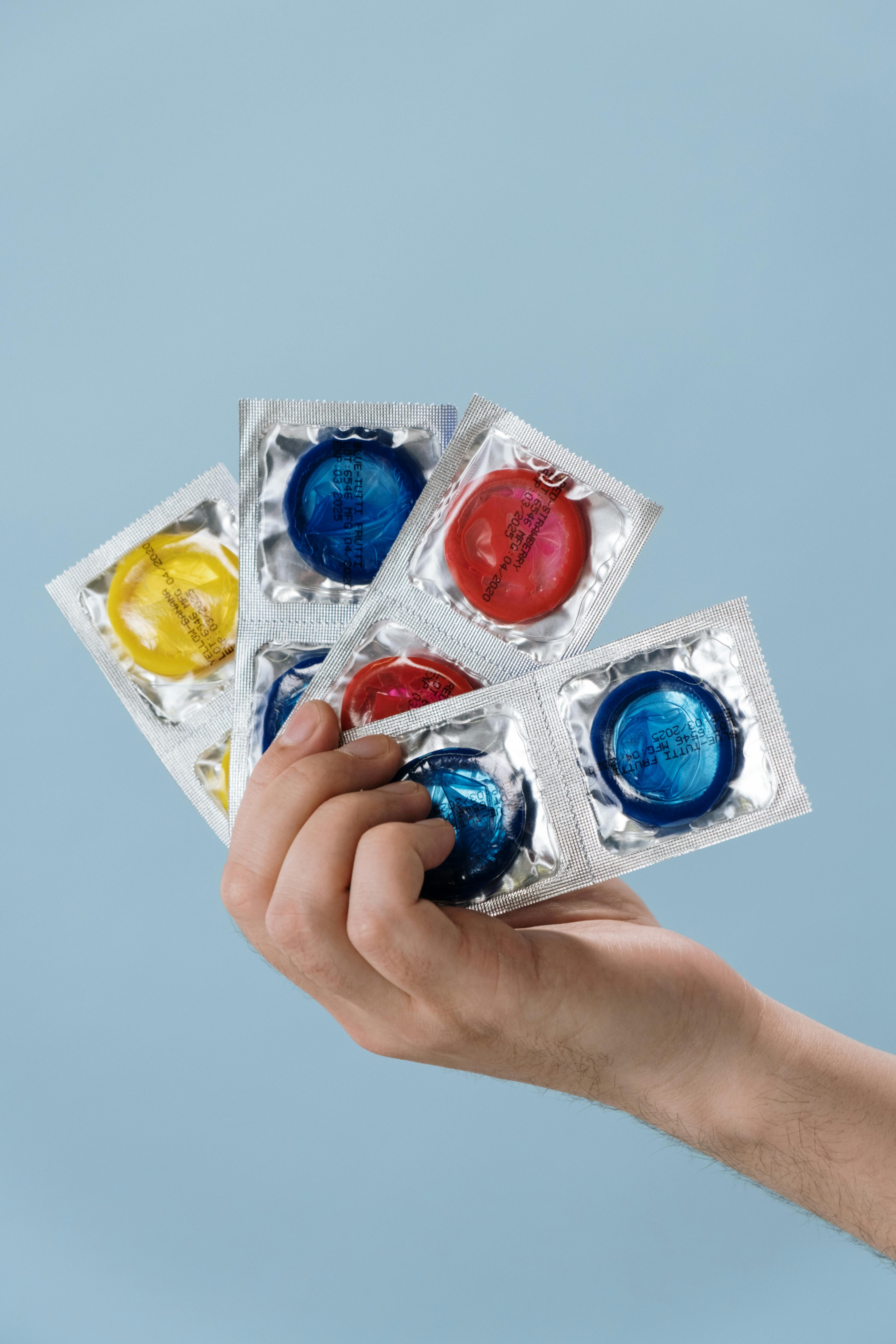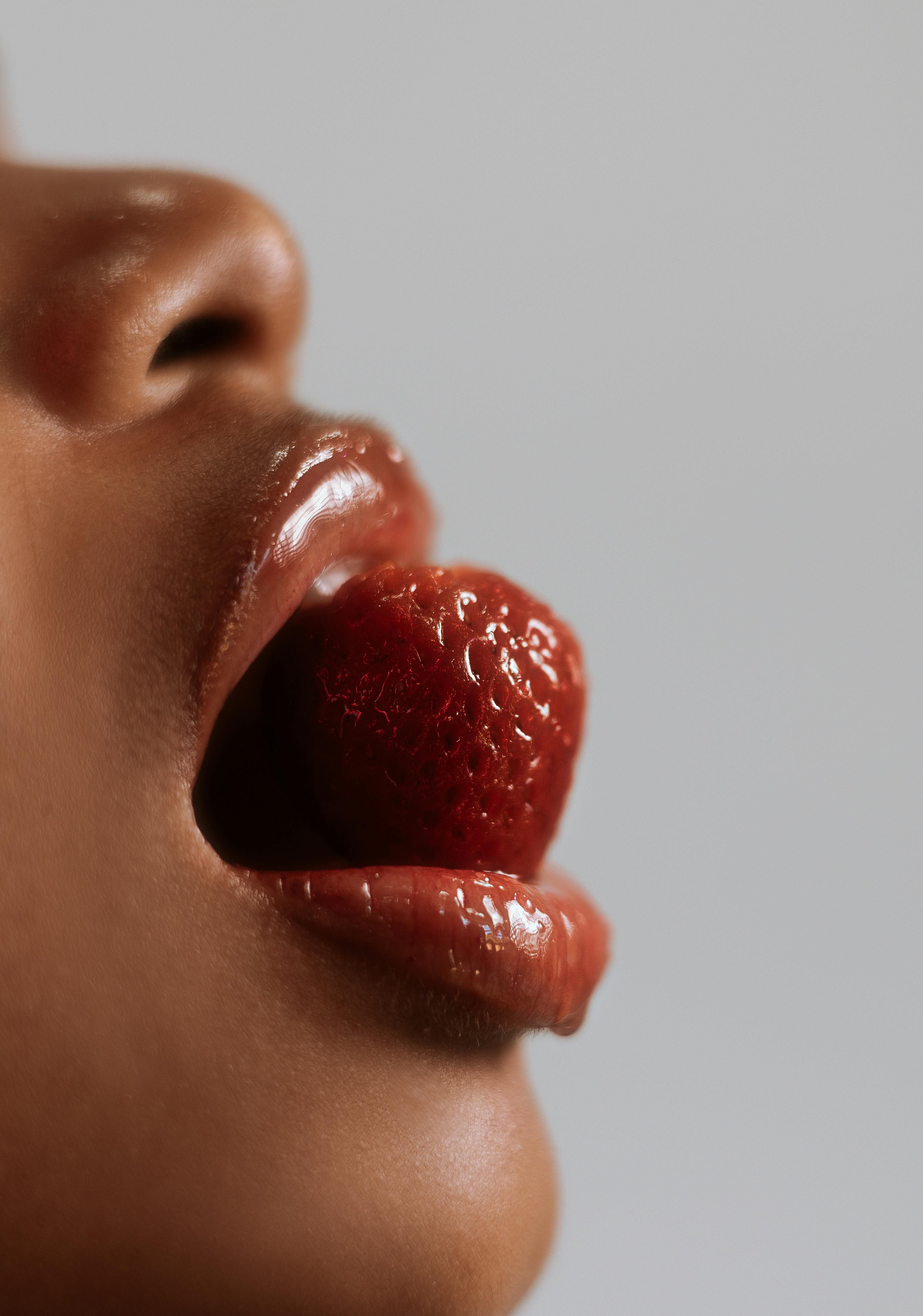Why Aren’t My Nipples Sensitive? Understanding the Causes and Solutions
For many people, nipples are considered a sensitive and erogenous zone. But what if yours don’t seem to respond much at all? If you’ve ever wondered, “Why aren’t my nipples sensitive?”, you’re not alone. Sensitivity varies widely from person to person, and having less-reactive nipples isn’t necessarily a problem.
In this guide, we’ll explore the possible reasons behind low nipple sensitivity, what’s normal, when to be concerned, and tips to enhance sensation.
The Role of Nipple Sensitivity
Nipple stimulation is linked to both pleasure and biology. In women, it plays a role in breastfeeding and sexual arousal. In men, it’s often purely erogenous. However, not everyone experiences the same level of sensitivity—and that’s perfectly normal.
Understanding why sensitivity differs can help you feel more comfortable with your body and know when medical advice might be helpful.
Normal Variations in Sensitivity
Genetic and Biological Differences
Just like some people are more ticklish, nipple sensitivity is largely influenced by nerve distribution. Some have denser clusters of nerve endings in the areola, while others naturally have fewer.
Gender Differences in Sensitivity
Research suggests women may experience greater nipple sensitivity due to hormonal fluctuations, while men often report more consistency in sensation.
Psychological Factors and Awareness
Mindset plays a role too. Stress, distraction, or lack of arousal can reduce how sensitive nipples feel.
Common Reasons for Low Nipple Sensitivity
Hormonal Fluctuations
-
Puberty: Sensitivity may increase or decrease as hormones surge.
-
Menstrual Cycle: Some women feel tenderness before periods, while others feel numbness.
-
Pregnancy & Breastfeeding: Sensitivity often shifts dramatically due to hormonal and physical changes.
-
Menopause: Declining estrogen can reduce sensitivity.
Habituation from Frequent Stimulation
Just like your skin adapts to constant touch, nipples can become less responsive if stimulated in the same way repeatedly.
Natural Nerve Distribution
Some people simply have fewer nerve endings in the nipple area, which makes them less sensitive by default.
Medical Causes of Reduced Nipple Sensitivity
Breast or Chest Surgery
Procedures like breast augmentation, reduction, mastectomy, or top surgery can affect nerves, sometimes reducing or eliminating sensation.
Nerve Damage or Injury
Injuries to the chest, spine, or nerves around the breast can impact sensitivity.
Endocrine Disorders
Conditions like thyroid disease or diabetes can alter nerve function and reduce sensitivity.
Certain Medications
Antidepressants, hormonal therapies, and even some blood pressure medications can affect nerve perception.
Lifestyle Factors That Influence Sensitivity
Stress and Mental Health
High stress and anxiety levels can dull sexual responsiveness, including nipple sensation.
Smoking, Alcohol, and Substance Use
These can impair circulation and nerve response, reducing sensitivity over time.
Aging and Changes in Skin Elasticity
With age, skin thins, and nerves may become less responsive, leading to reduced sensation.
Differences Between Temporary vs. Permanent Loss of Sensitivity
When Sensitivity Fluctuates Naturally
Hormones, stress, or even fatigue can temporarily lower sensitivity, which often returns to normal.
Long-Term or Permanent Changes
If caused by surgery or nerve damage, changes in sensitivity may be lasting. A friend once told me she was willing to have breast enlargement surgery because she had "no sensation in her nipples anyway." Many times, women lose their sensitivity after breast surgery.
How to Enhance or Restore Nipple Sensitivity
-
Experiment with Different Touch: Try varying pressure, rhythms, or using toys.
-
Temperature Play: Ice cubes, warm hands, or heated massage oils can wake up nerve endings.
-
Textures and Fabrics: Experiment with silk, lace, or feathers.
-
Mind-Body Techniques: Mindfulness and relaxation can improve overall responsiveness.
-
Consult a Professional: If medical issues are suspected, a doctor can check hormone levels or nerve health.
Myths About Nipple Sensitivity
“Low Sensitivity Means Something Is Wrong”
Not true—many people naturally have less-sensitive nipples.
“Only Women Have Sensitive Nipples”
Men can experience nipple pleasure too; it’s just less studied.
“Nipple Sensitivity Can’t Be Changed”
While nerve distribution can’t be altered, stimulation techniques often help increase pleasure.
When to See a Doctor
-
Sudden loss of sensitivity without clear cause
-
Pain, swelling, or unusual discharge
-
Skin changes or lumps in the breast or nipple area
These symptoms may signal an underlying medical condition that requires attention.
Is it normal to have little or no nipple sensitivity?
Yes, sensitivity varies naturally and doesn’t always indicate a problem.
Can nipple sensitivity change over time?
Yes—hormones, age, and lifestyle factors can all cause fluctuations.
Does breast surgery always reduce sensitivity?
Not always, but some nerve disruption is possible depending on the procedure.
Can I increase nipple sensitivity?
Experimenting with stimulation, temperature, and mindfulness may help.
Should I worry if my nipples suddenly go numb?
If it happens suddenly or with other symptoms, consult a healthcare provider.
Do men have sensitive nipples too?
Yes, many men report nipple sensitivity, though it varies widely.
Embracing Your Body’s Unique Sensitivity
If you’ve been wondering, “Why aren’t my nipples sensitive?”, the answer is often simple: everyone’s body is different. Some people have heightened nipple sensitivity, while others barely notice it—and both are normal.
Changes in sensitivity can be caused by hormones, lifestyle, or medical factors. While it’s possible to enhance sensation with different techniques, what matters most is understanding and embracing your body. If sudden or concerning changes occur, a doctor’s visit can provide reassurance and guidance.
Ultimately, nipple sensitivity is just one part of sexual health, and having less sensitivity doesn’t make you any less capable of pleasure or intimacy.
External Sources: Cleveland Clinic – Nipple and Breast Health
FDA Risks and complications of Breast Implants






